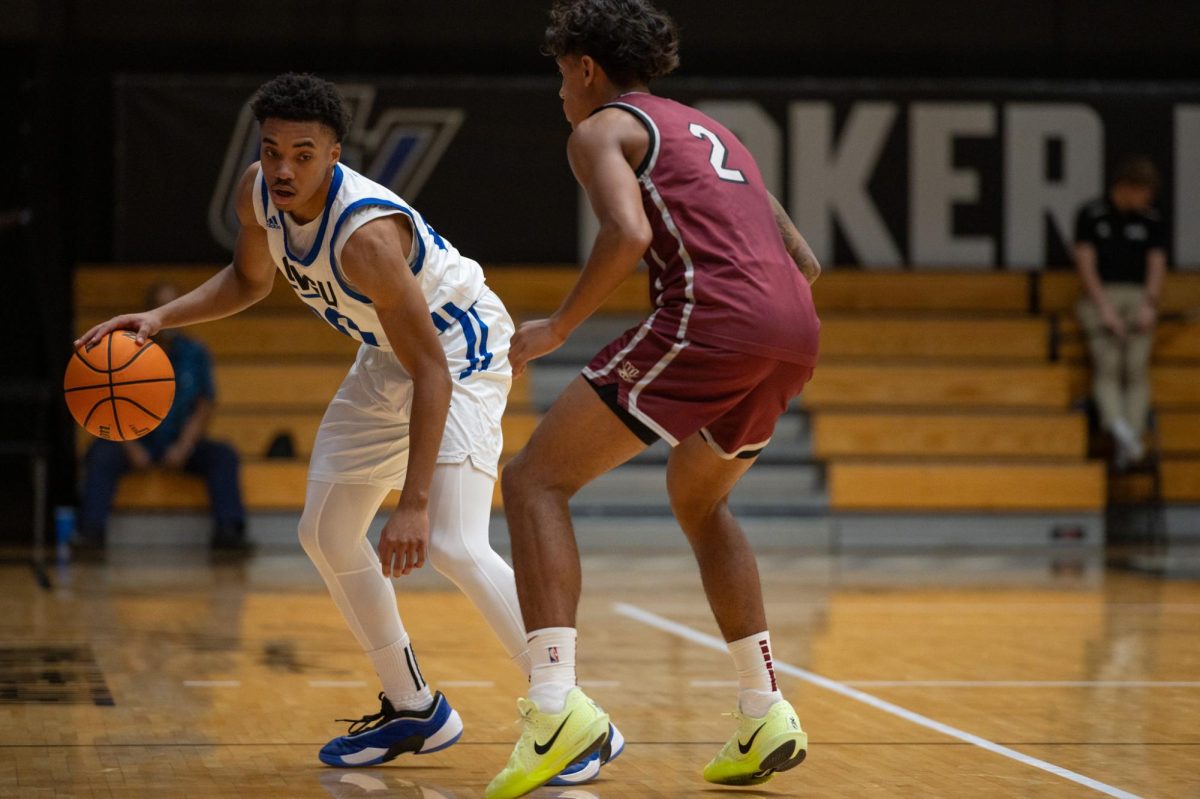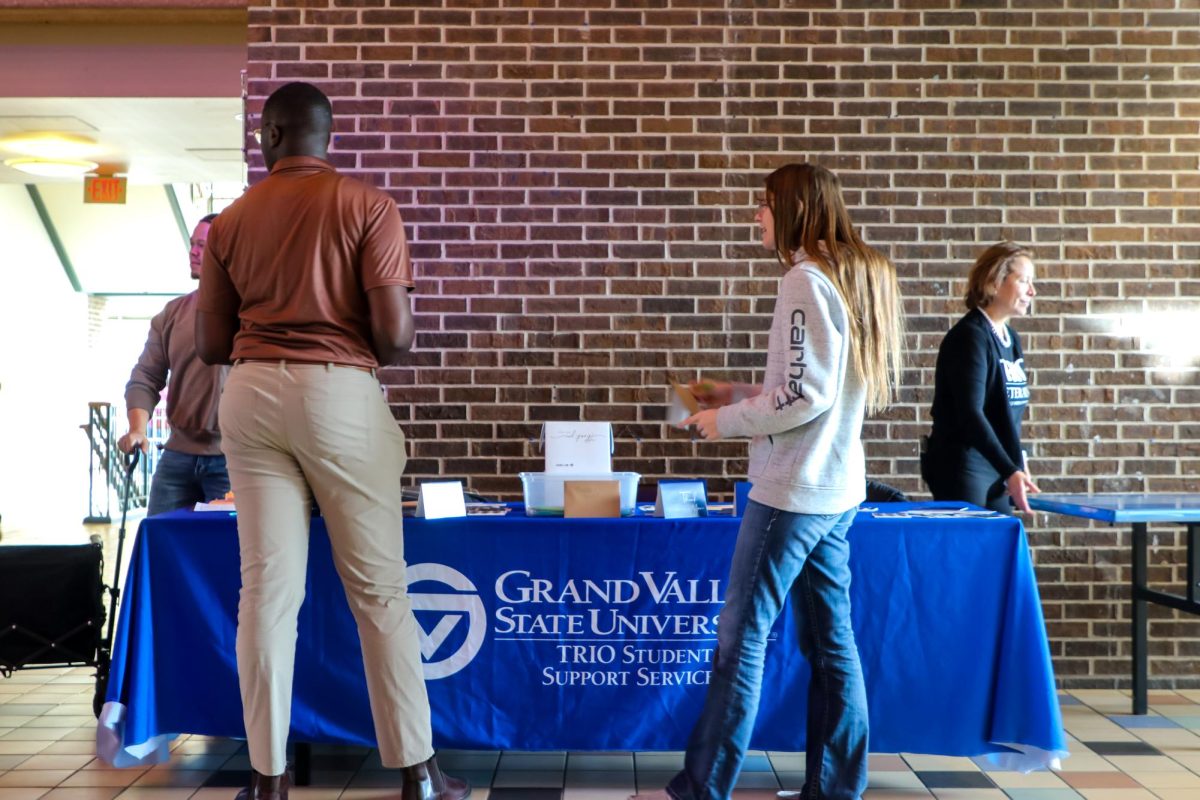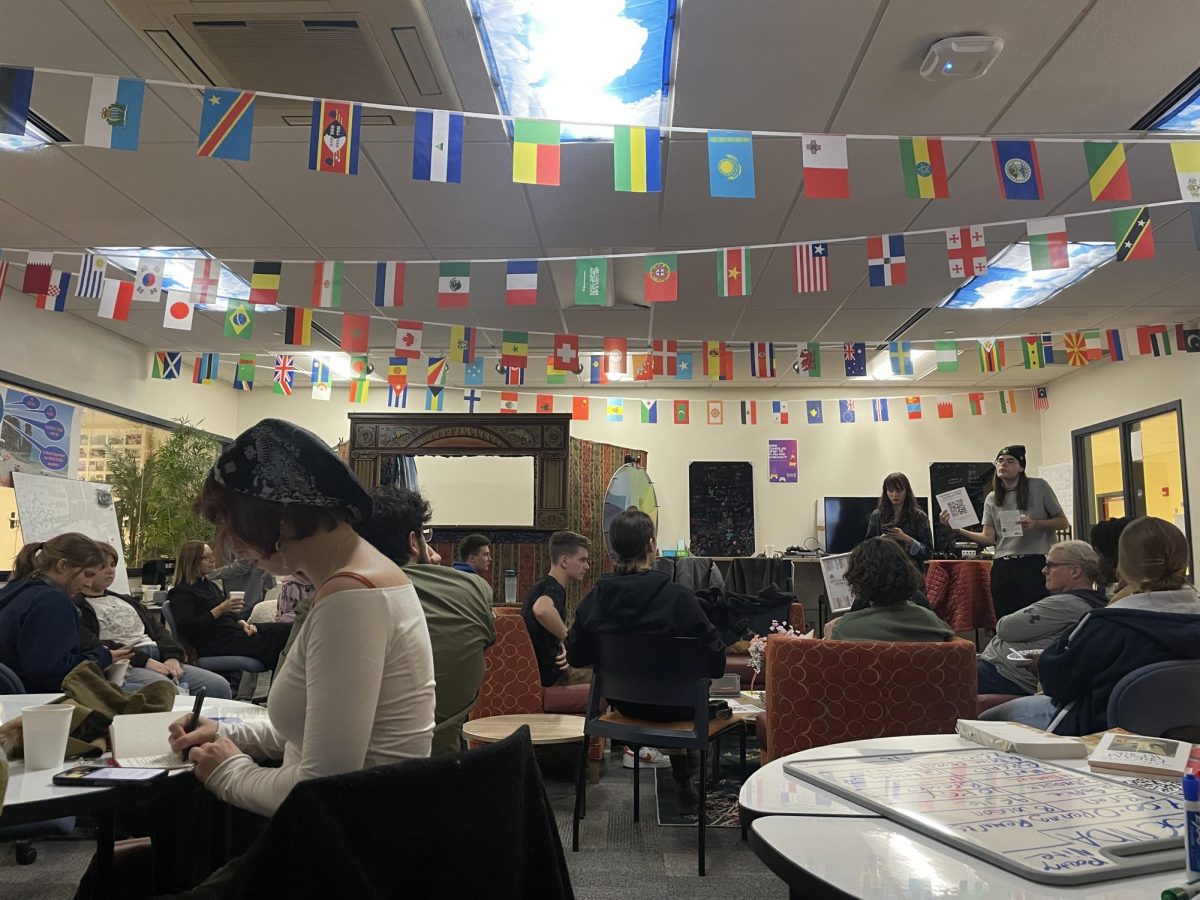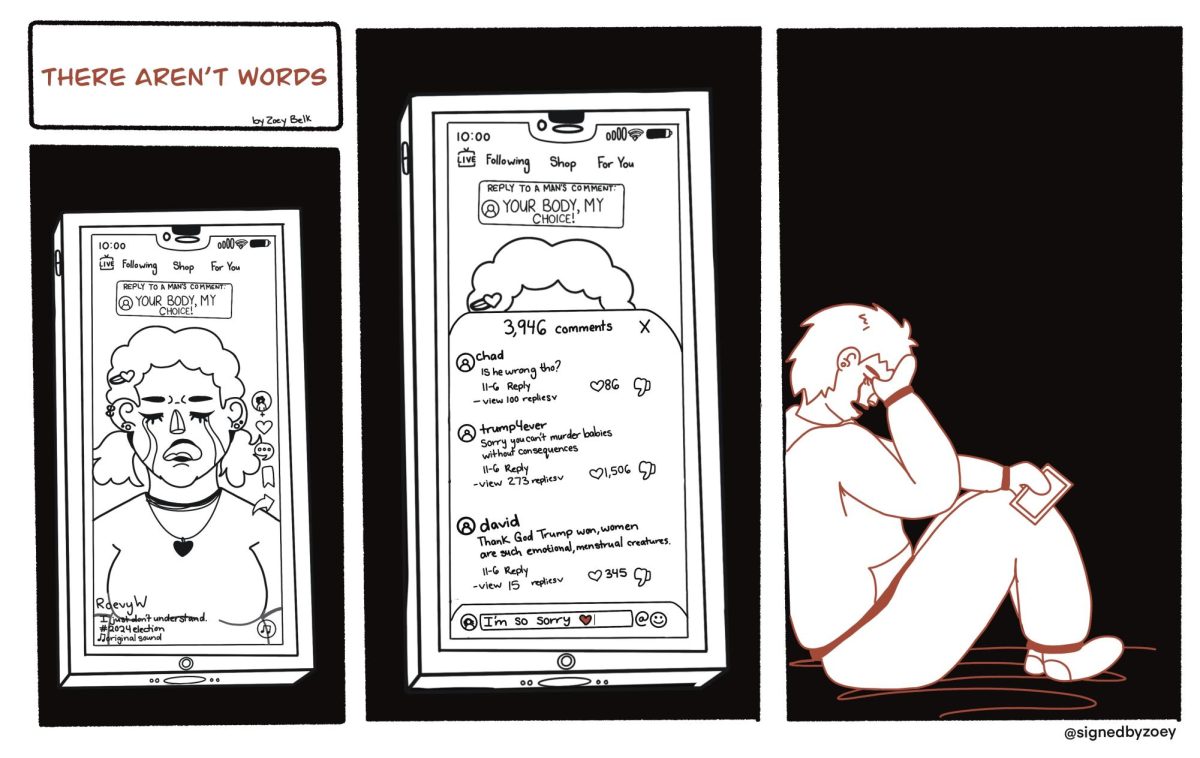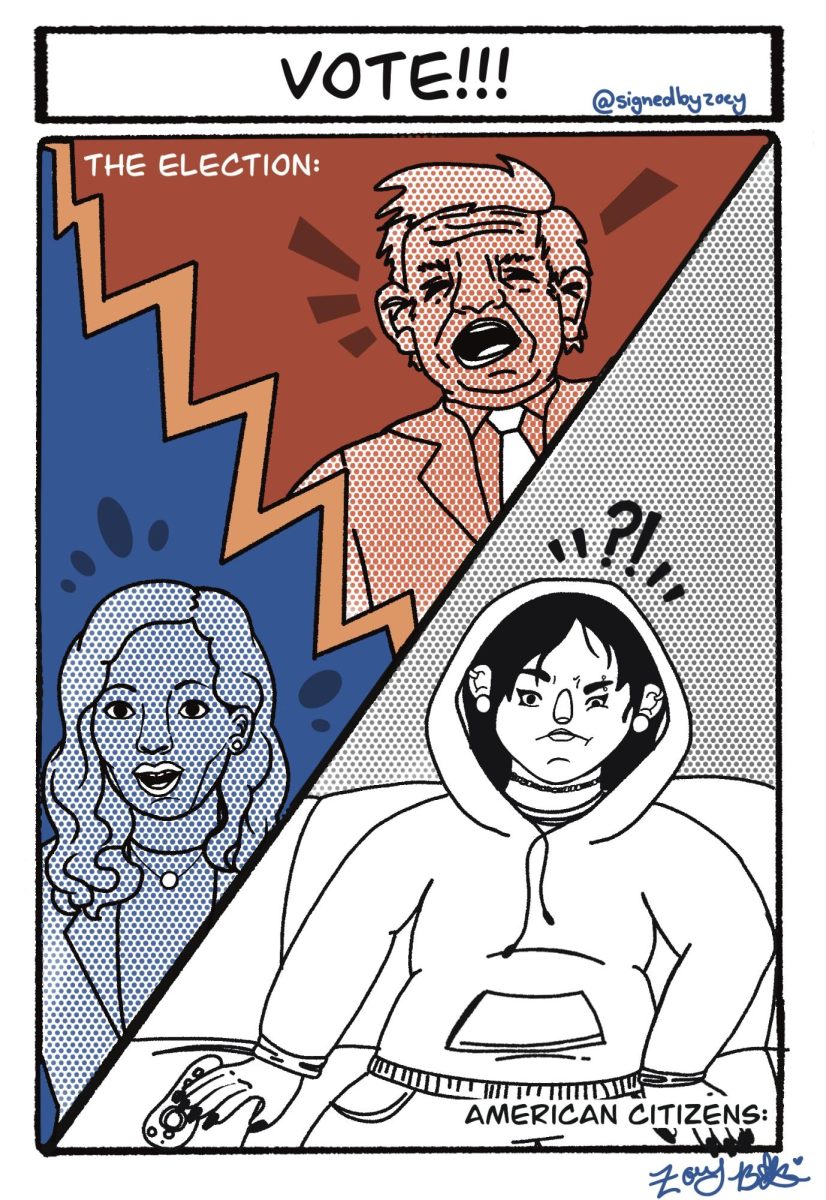Sexual violence conversations need to start in early education

Oct 10, 2016
When faced with difficult and uncomfortable situations, the easy way out is to avoid the problem and blame it on other factors, people and outside forces. As of late, Grand Valley State University had to face a difficult reality. Sexual assaults are happening near our campus, to our students and in our community and we have to find a way to change this.
Though these instances of violence are terribly saddening and frightening, we want to commend university leadership on their focus and attentiveness to the problem facing our community. It has been made clear by university officials that these unfortunate instances are not the fault of the survivor and the only one to blame is the perpetrator. They are not making excuses for these instances or denouncing them, instead, they are addressing the fact that these increases in reporting signal a change in our community, a change that needs to be acknowledged and addressed in a timely and comprehensive manner.
Following these reports of sexual assaults, students, faculty and staff received emails from Vice President for Inclusion and Equity Jesse Bernal, President Thomas Haas and Dean of Students Eileen Sullivan reassuring the community that this behavior is not acceptable and will not be tolerated. These emails also worked to let the community know that these acts of violence would not be ignored.
Part of making sure students feel safe and stay educated are making sure they are aware of the various resources offered to those at GVSU.
One point brought up by administrators across campus is the role of education in preventative measures. Educating a community on what is right and wrong, as well as what will and will not be accepted is a key point in changing the way an issue is seen. We have come a long way on the matter of sexual assault as a nation, but there is a lot to be done.
The details of a healthy relationship should be presented before students enter the college environment. High school students should know what is and what is not acceptable and how to handle an uncomfortable or potentially dangerous encounter. Instead of treating sex as a taboo subject, we should be introducing these kind of conversations about safety and behavior before students are living on their own and making independent decisions about their lives and their bodies. Consent should be a word in everyone’s vocabulary by middle school.
Instead of having to delegate all of our resources to how to handle instances of rape after they happen, we should also be looking at how to instill a message of respect in our high school students that will then follow them to college.
Following up on instances of sexual violence is vital. However, it is important to acknowledge that the systemic issue of sexual assault is larger than added police patrols and safety enhancements. When a student arrives at college, their formative years with romantic and sexual relationships have already come and gone. As universities continue to make efforts combatting sexual violence on campus, it’s imperative they also look to the future students who have the power to stop perpetuating a culture content with astronomically high numbers of sexual assault on college campuses.













